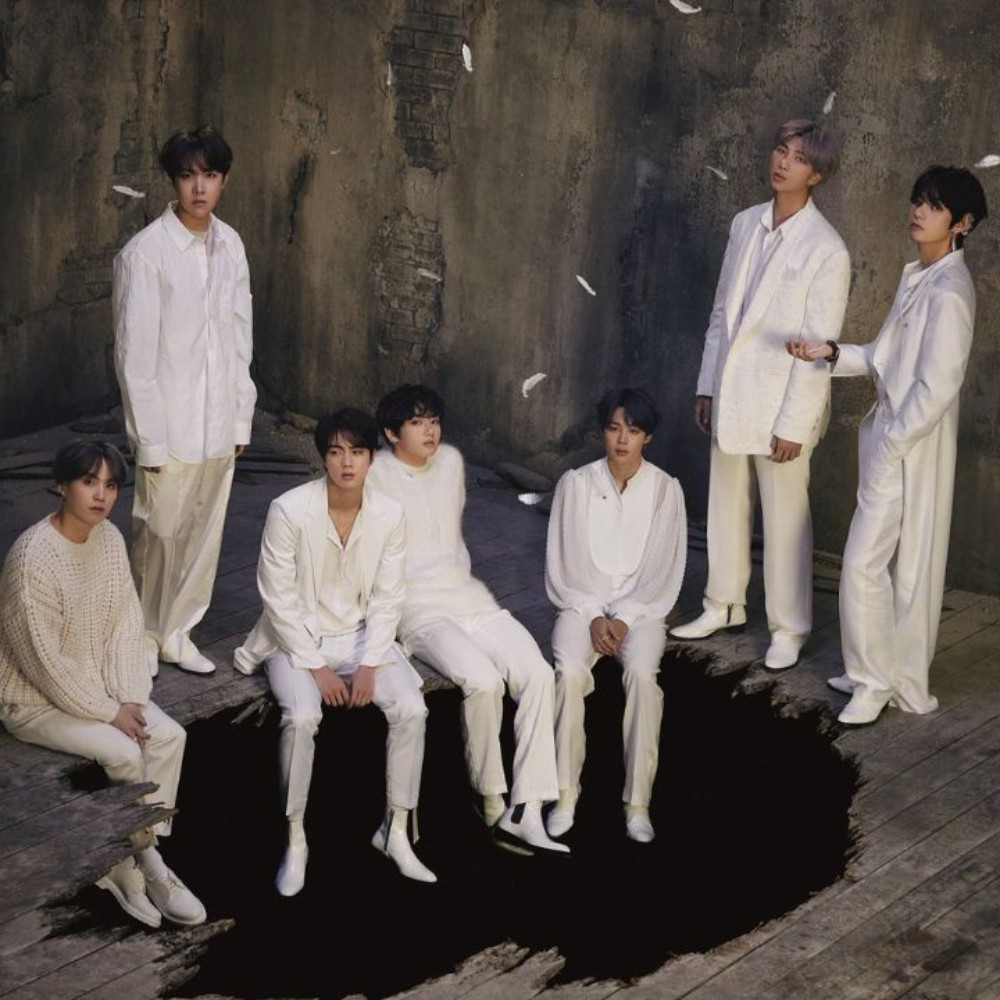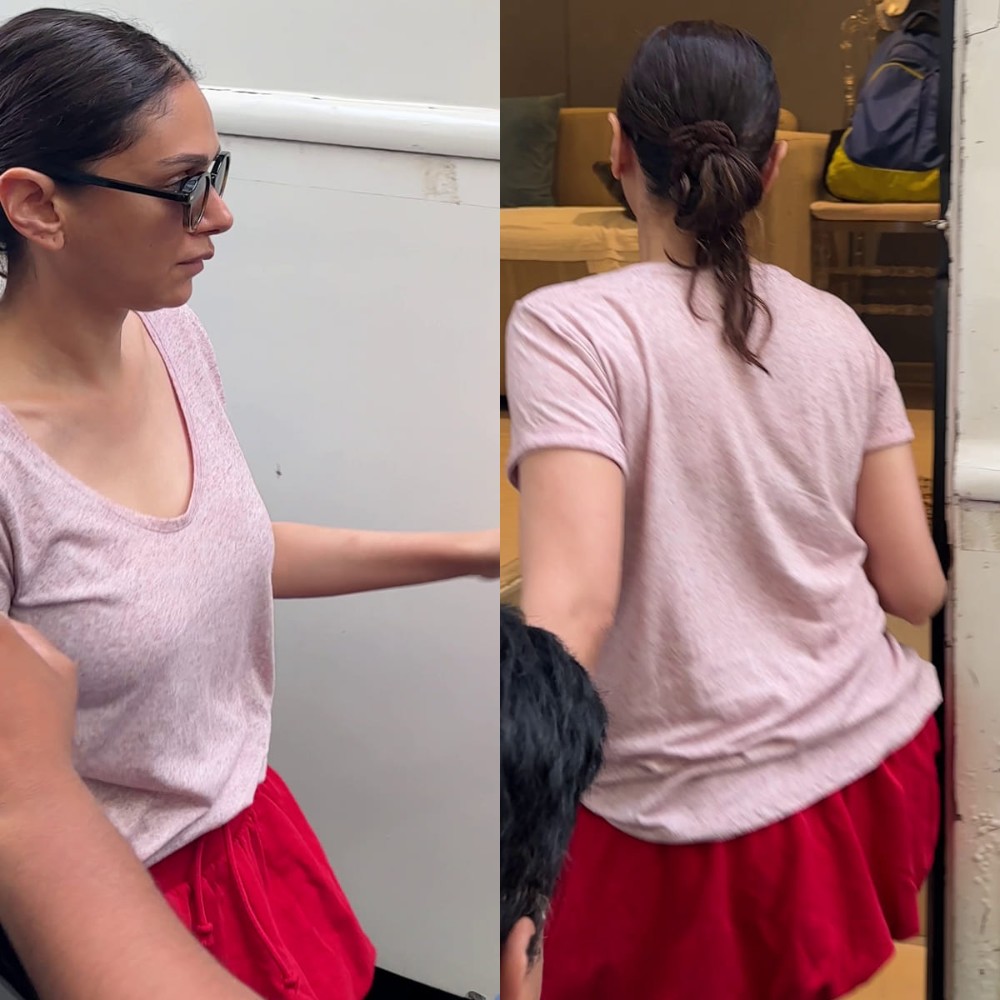Mirroring The Industry: Will exhibitors narrow the theatrical window for Bollywood as Master premieres on OTT
Will national multiplex chains agree to reduce the theatrical window for Bollywood films to 14 days. Pinkvilla debates on the probable outcome of this move.

Thalapathy Vijay and Vijay Sethupathi’s action thriller, Master, emerged a super-hit venture by raking in Rs 225 crore gross at the global box-office. The film opened across the world on January 13, and to everyone’s surprise, Amazon Prime Video on January 27 announced that the Lokesh Kanagaraj directorial will premiere on their platform from January 29, just 15 days after the film’s release in cinema halls. The announcement shook the entire film industry, coming out a pathbreaking announcement, reducing the general norm of maintaining a theatrical to OTT window of 4-8 weeks.
The early premiere has resulted in some extra income for the producers of Master from Amazon Prime, and this coupled with the run-in cinema halls has made Master a cash milking cow for the stakeholders, giving them solid return in short span. This is also a welcome move, as in 2020, the national multiplex chains had put their foot down and urged the Bollywood producers to maintain an exclusive theatrical window of at-least 28 days i.e. 4 weeks. The early premiere of Master, has paved the path for multiple Bollywood films to breach the general norm of waiting for 8 weeks, arrive in the cinema halls and then premiere in OTT within a span of just 2 to 3 weeks, giving them instant additional returns from the sale of digital rights.
The early premiere has resulted in some extra income for the producers from Amazon Prime, and this coupled with the run-in cinema halls has made Master a cash milking cow for the stakeholders
But will the National Multiplex Chains agree on this (Master being an exception for arriving first in tough times like these), is the question that crosses our mind, considering that the occupancy restrictions have been pulled down now and cinema halls will function normally just like the pre-covid days. “They would have no option but agree to the reduced theatrical window. If Master got the clearance, why can’t other Bollywood films release in the cinema halls and then opt for a release on digital platforms in 2 weeks? These are still uncertain times and early release on digital platform would reduce the risk factor for producers, thereby encouraging them to opt for a theatrical release. The cinema owners should be happy with flow of content and get rid of their terms and conditions for the time being” a trade insider shared on the condition of anonymity.
The reduced theatrical window, coupled with increased occupancy in the cinema halls across India, can be a positive development for the producers and this should just faster the process of Bollywood putting out it’s film release calendar. Certain films, which were thinking to wait till June or July to avoid losses, might now just try and grab the benefit of reduced theatrical window, fetch some additional income from their OTT partners for early premiere and release in the cinema halls. After all, the major concern for Bollywood all through the last year was the fear of “reduced returns on investment.” Now from the producer’s point of view, this is a positive development, opening up another chain of additional revenue. In-fact, on a short-term basis, this can benefit the cinema owners as well, as Bollywood will at-least take a baby step towards making release date announcements, resulting in flow of releases thereby some sort of footfalls.
If Master got the clearance, why can’t other Bollywood films release in the cinema halls and then opt for a release on digital platforms in 2 weeks?
But this shouldn’t be just looked at on a short-term basis, as long-term repercussions can be dangerous. “If one would be aware about a film arriving on OTT platform within 14 to 21 days, would they step out, and splurge money to watch a film that carries a rather mixed or negative word of mouth? The exclusivity of content will be reduced and of course, the audience would wait to watch the film at their comfort on the small screen,” the trade insider shared. Basically, in an ideal scenario a bad or an average film might have done a certain amount of business, but the reduced window will result in reduced box-office collections too. The exclusivity factor of a film for the big screen would be cut short significantly, and the move would change the cinema consumption pattern for life. A small film, that doesn’t warrant a cinematic experience, would totally end up being OTT content, as by the time, the word of mouth reaches the audience, the film would have neared its premiere date on digital platforms. The move is like a two edged sword, that assures more returns for OTT, but on the contrary, might reduce the theatrical returns, thereby setting off the net profit in longer run.
The execution of theatrical vs OTT window needs proper planning by analysing the pros and cons for all sorts of films, and one also needs to look at the long-term impact of the move by forgoing short term sure shot returns. There’s a fear that the reduced window might just kill the cinema consumption pattern on the big screen, notwithstanding some A-List superstar event films, particularly in Bollywood. It’s a catch 22 situation, but, the increased capacity in cinema halls is a motivating move and it’s about time, a big Bollywood film to just announces its release in the month of February or March, and then, lead the way to ensure a constant flow of release. Remember, the first medium to big budget film to arrive will also get the first to release benefit in terms of reception from trade and audience alike.
The exclusivity factor of a film for the big screen would be cut short significantly, and the move would change the cinema consumption pattern for life.
The cinema going audience is hungry for entertainment, and now, with increased occupancy, reduced cases in India and the success of films down south, this is definitely the time for films to release on the big screen. If that’s not motivating enough to bring the film, let bring the film at-least looking at the short-term gains, and grab the opportunity of clear release window, VPF discount from service providers and also make utilisation of having an upper hand in the negotiation for reduction in the theatrical window for the next few months, taking cue from the freehand given to Master. Well, that's the best return on investment deal one can get today, at-least to reduce uncertainity of business.
But while taking a decision about reduced theatrical window, just ask put yourself in the seat of an audience and ask yourself a question - would you visit the cinema hall to watch a film, if the same content will be avaiable on digital platform within 14 days? There you get your answer :)





 JOIN OUR WHATSAPP CHANNEL
JOIN OUR WHATSAPP CHANNEL



































